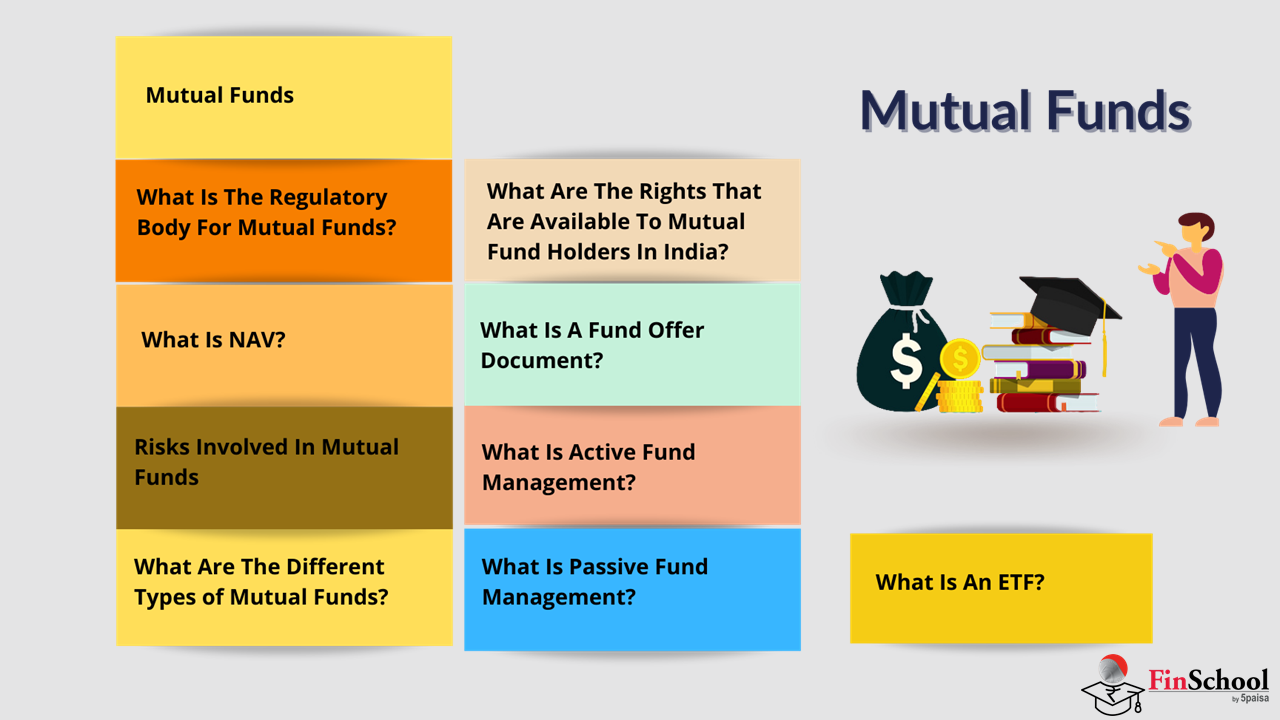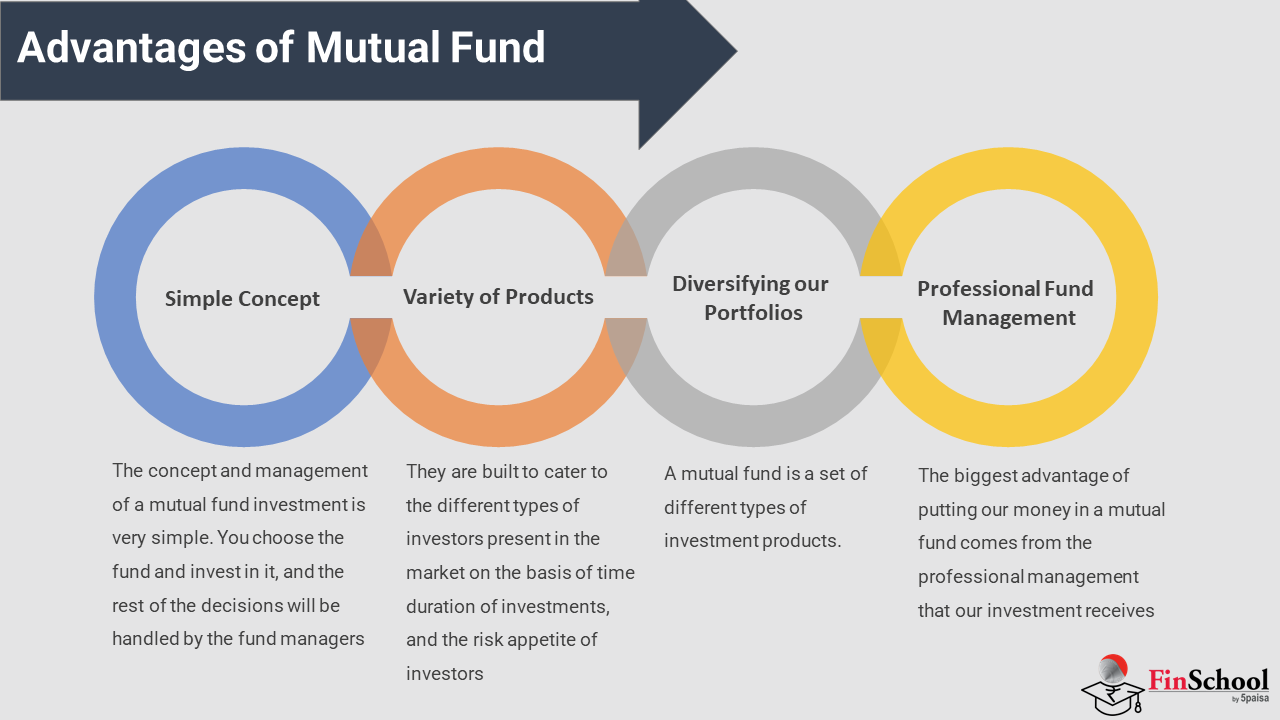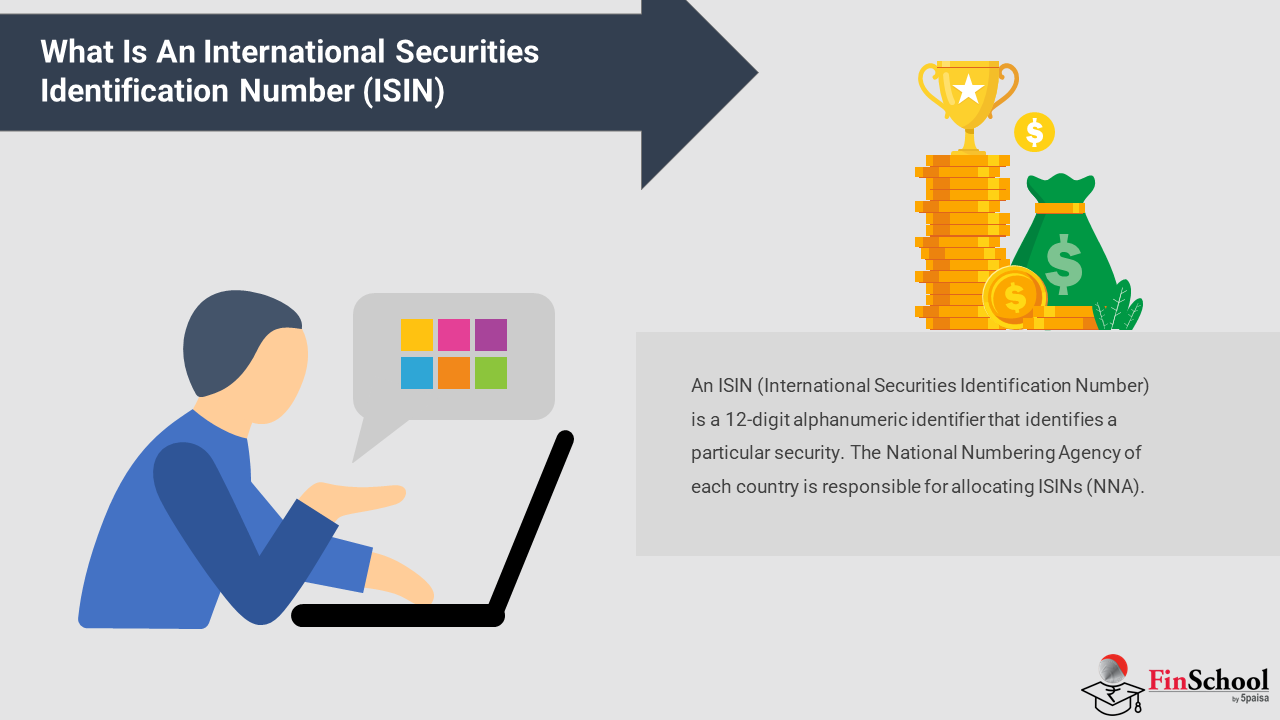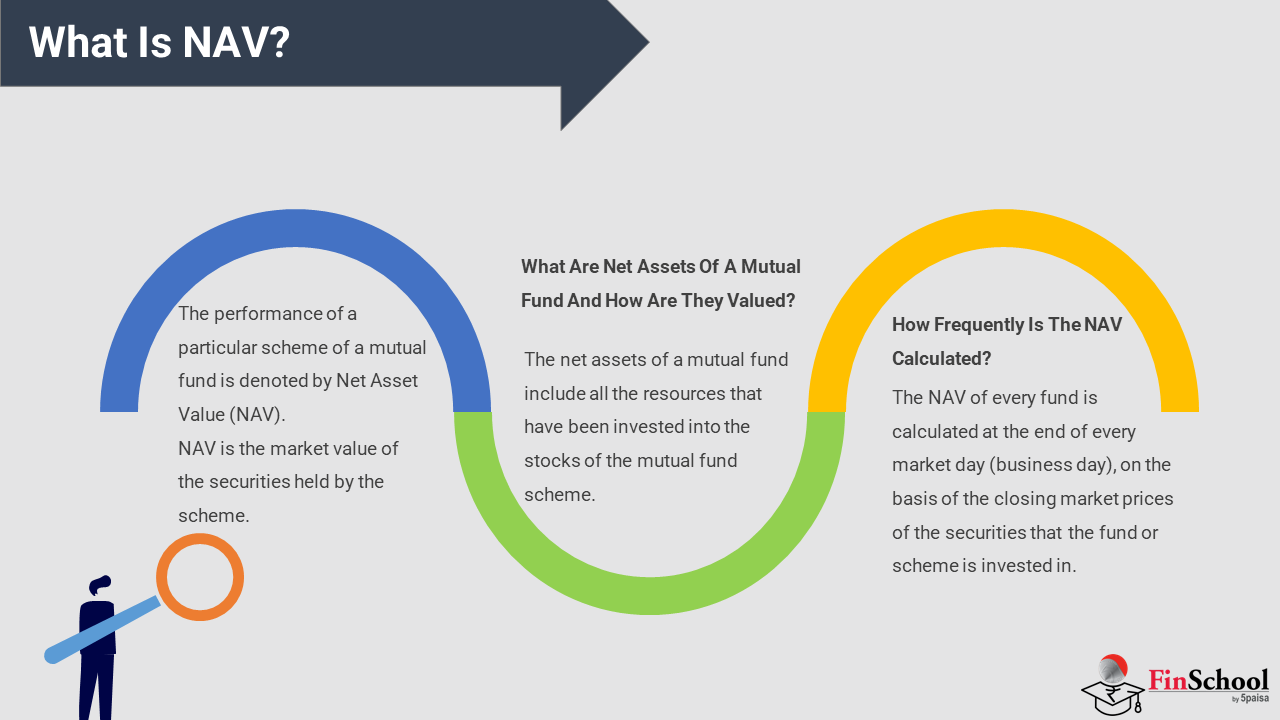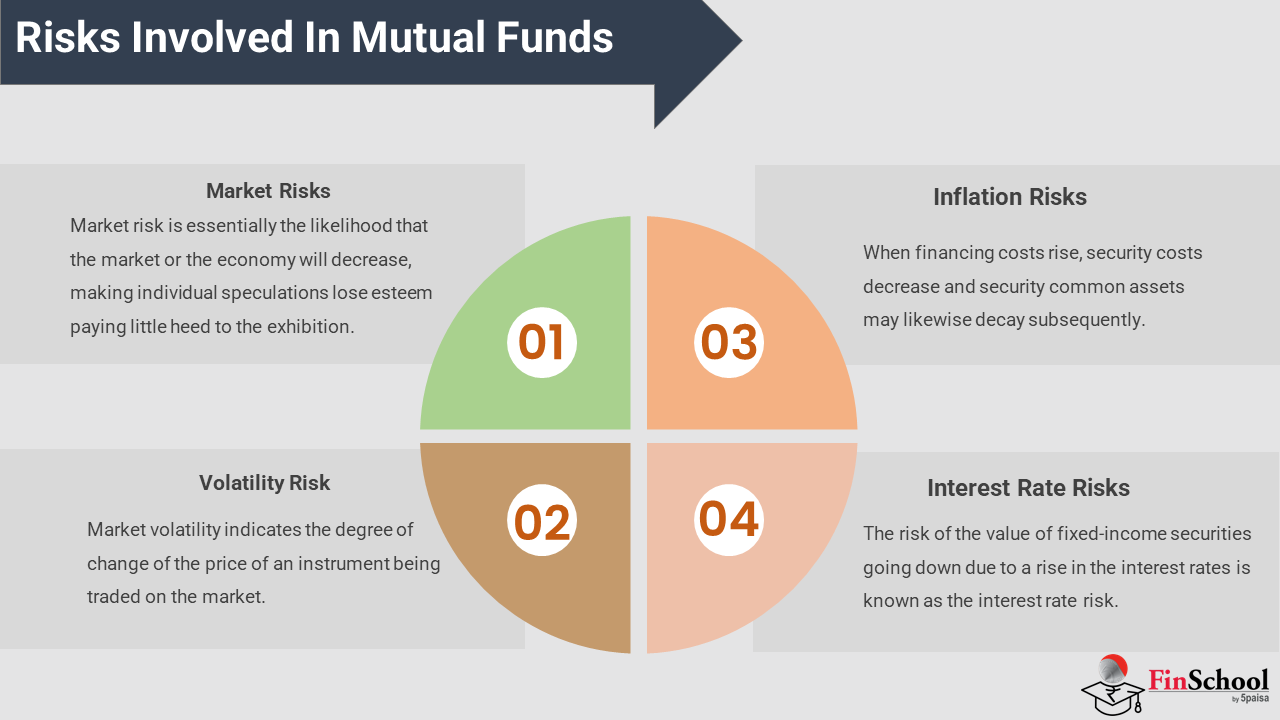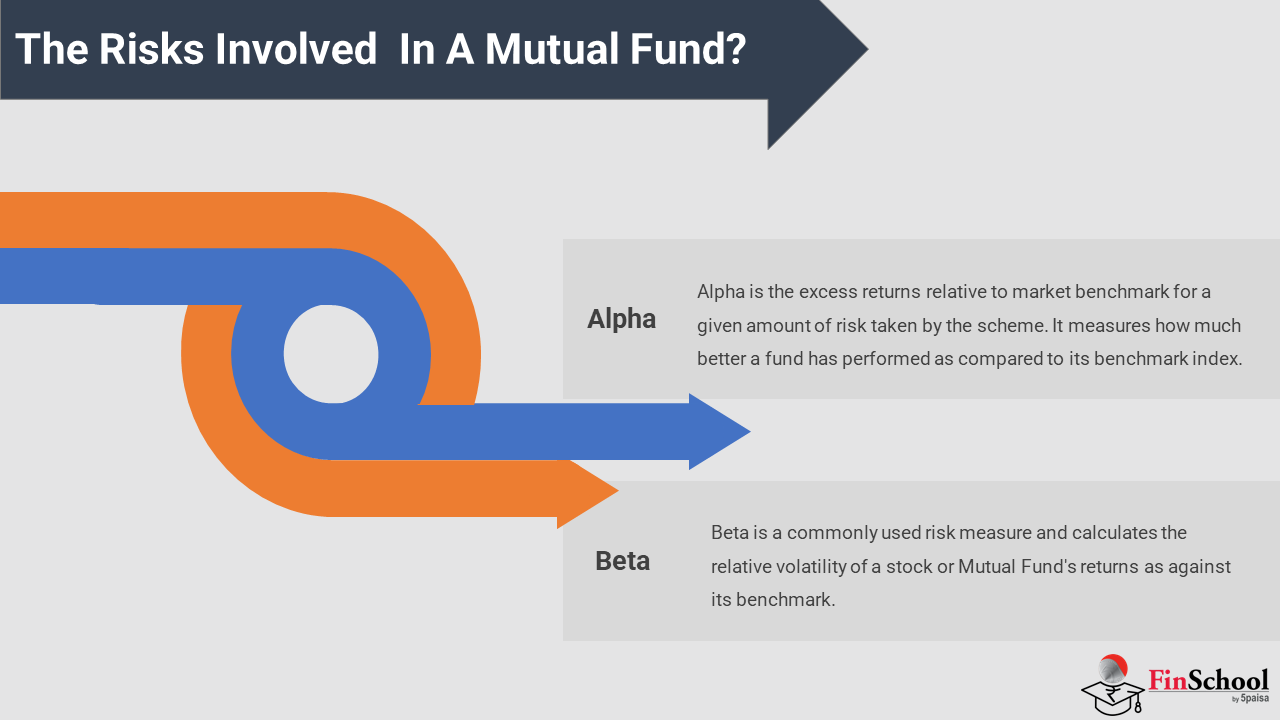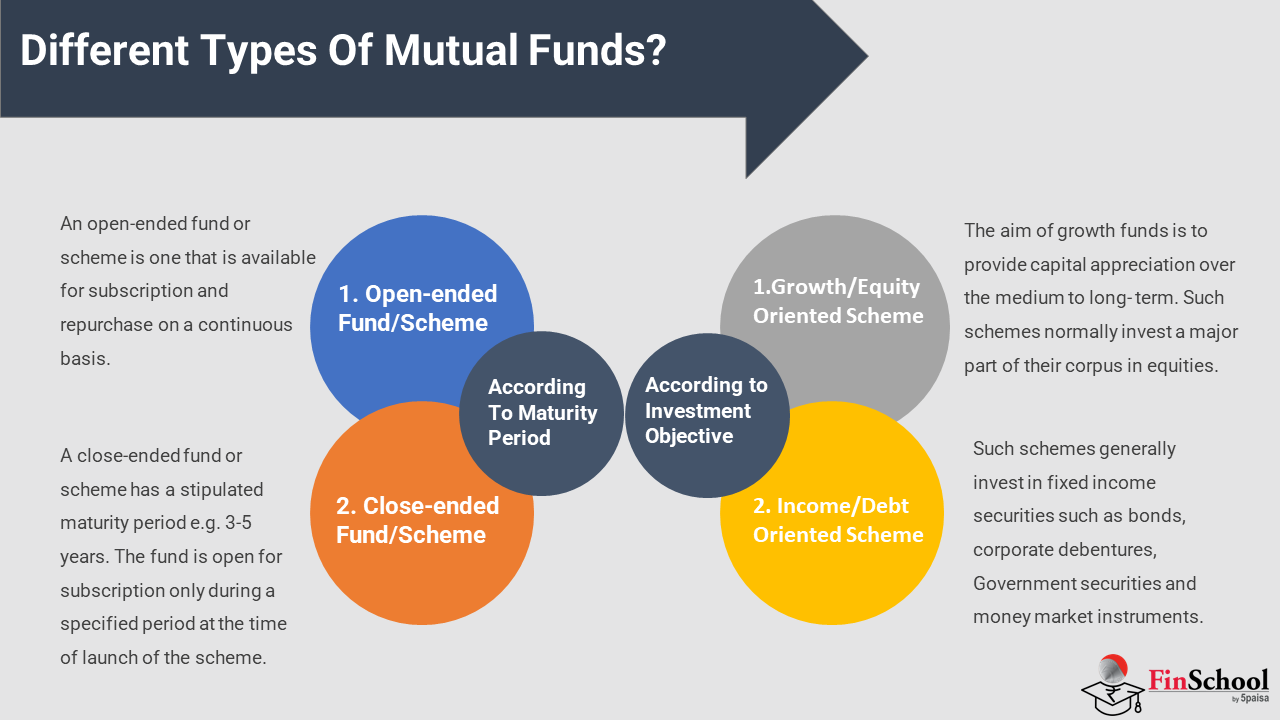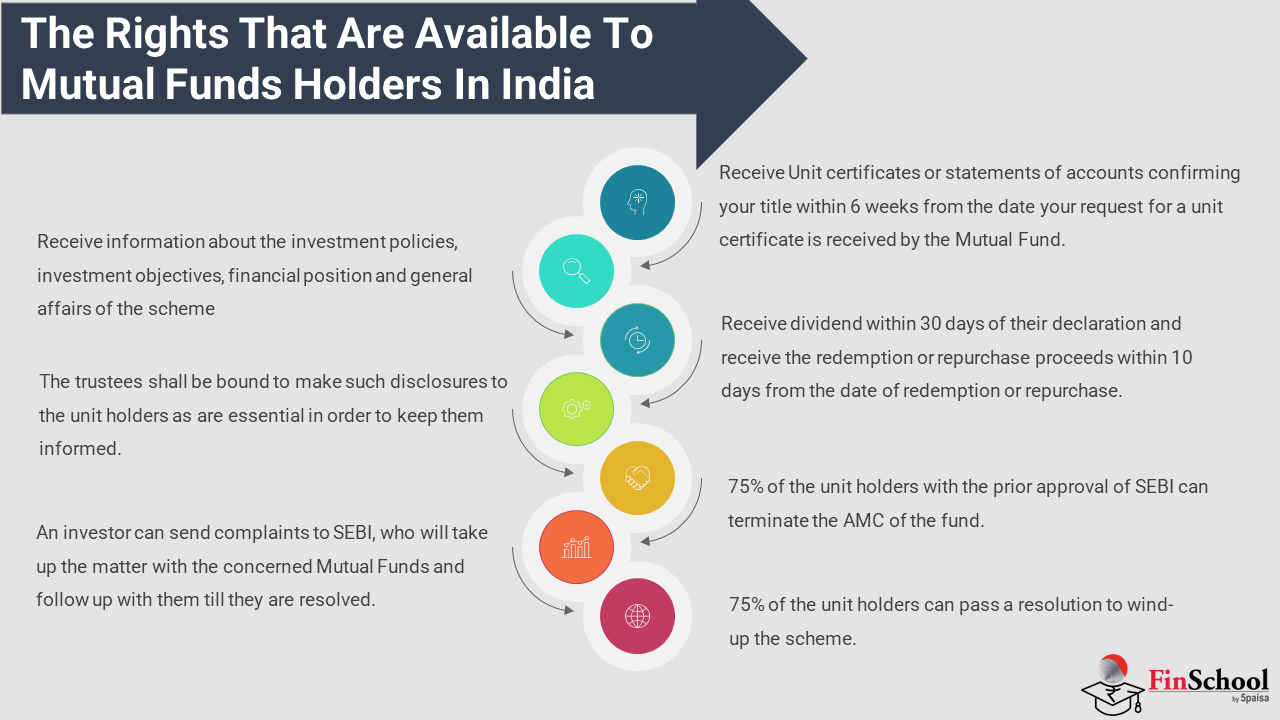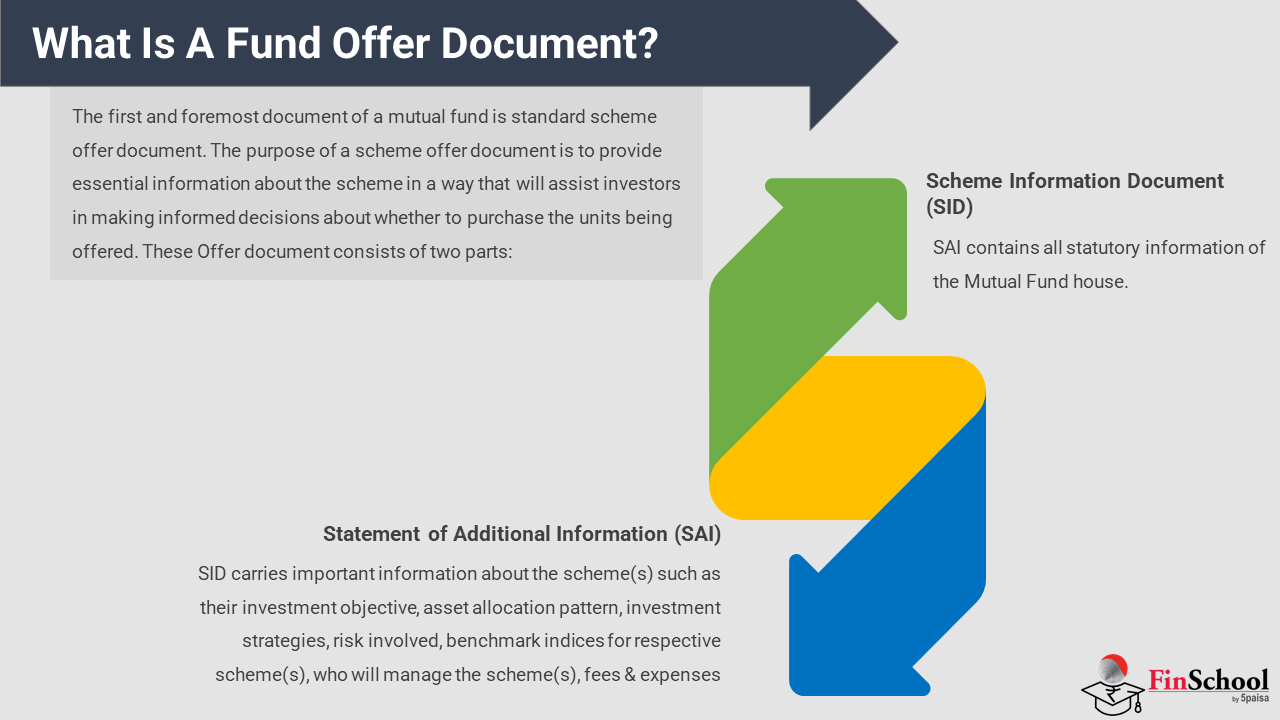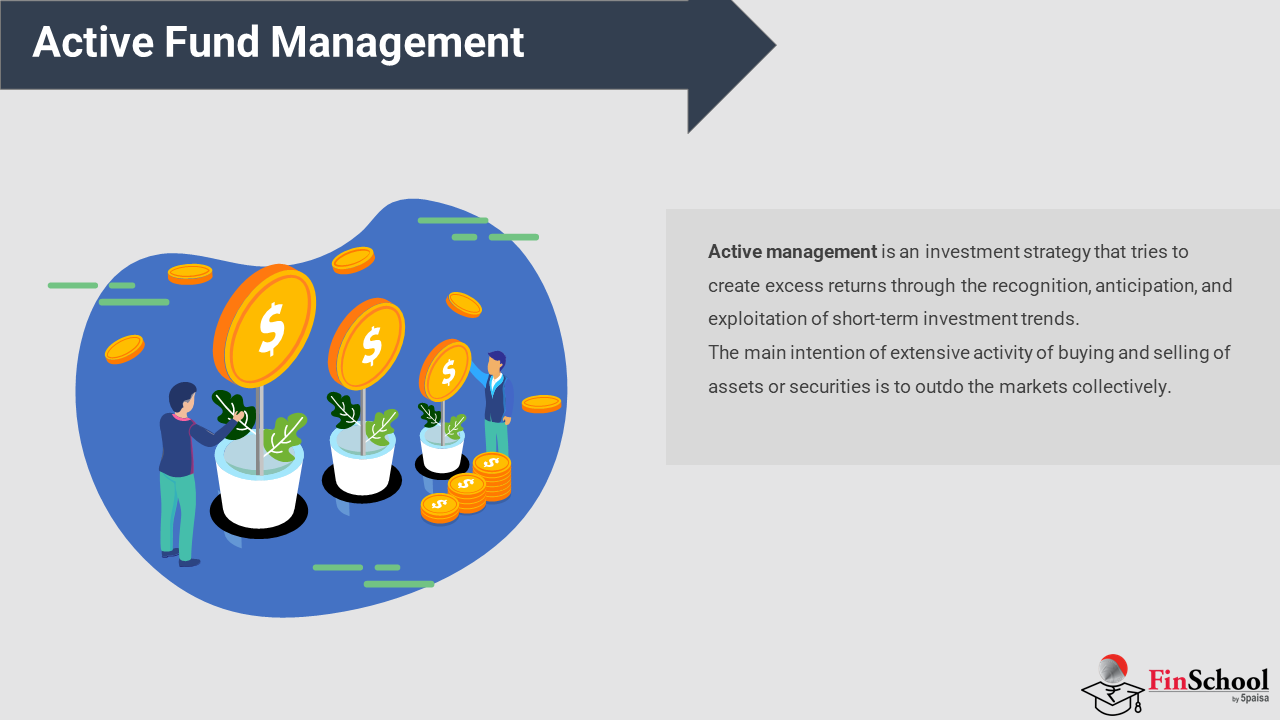- Study
- Slides
- Videos
7.1 Introduction
- Insurance Frauds generally refer to the frauds relating to insurance sector and frauds committed by insurance companies. The insurance frauds are committed in various insurance related sectors like health insurance, automobile insurance etc. There is a growing concern in the sector regarding the various frauds and how to identify the genuine and fraud companies.
- Insurance fraud is an act committed to take advantage of the benefits that they are not entitled to. The Federation of Indian Chambers of Commerce & Industry define insurance fraud as, “The act of making a statement known to be false and used to induce another party to issue a contract or pay a claim. This act must be willful and deliberate, involve financial gain, done under false pretenses and is illegal.”
- Fraud is willful and deliberate and involves financial gain done under false pretense and it is illegal. A hard fraud occurs when someone deliberately plans or invents a loss such as theft of a motor vehicle or setting fire to property covered by an insurance policy. Soft frauds are more common and include exaggeration of legitimate claims by policy holders. They are also known as opportunistic frauds.
7.2 Types of Insurance Fraud
There are various types of insurance frauds which one needs to be aware of. The following are few types of insurance frauds
- Frauds by Intermediaries
There are various dishonest insurance agents who try to manipulate the policy details, premiums and coverage details so that the policy gets sold. This leaves the policyholders with inadequate coverage.
- Premium Diversion
There are various insurance companies which assures that their insurance agents will personally visit and collect the premium from the customers. But after collecting the premium the amount is not deposited to the insurance account but is used by the agents himself. Policy holders believe that the payment is done for the premium but in actual their policy must have lapsed.
- Identity Theft
There are various scammers in insurance sector who steal the data of the customers and misuse the details for knowing the customer bank account and other assets details. Sometimes the scammers use the data and create a fake identity and buy fake policies and then file fake claims against the policy.
- Interest free loan promise
Some fraudsters sell insurance policy assuring interest free loan against the policy amount. But when such loan application is filed the insurance company rejects the application stating there is no such scheme available.
- Premium Refund of A lapsed policy
Scammers try to sell the insurance policy with the guarantee to refund the previously lapsed policy premiums. Customers cannot get refund for the lapsed policies. They can only surrender the policy. Only in case of ULIP one can get the discontinuation fund after five years and to claim this they don’t need to buy any new policy.
- Job Assurance
Some fraudsters may even lure individuals with job promises connected to insurance policies. This is a fraud way to assure jobs after buying the policy.
- Misleading Investment Returns
Customers should be wary of policies promising higher returns than fixed deposits, especially if they are marketed as single pay products while being regular pay policies.
- Installation of towers
Scammers might claim that buying a policy will lead to a steady income from the installation of telecom towers.
- Fake Policies
Among the most prevalent frauds adopted by fraudsters is posing falsely as insurance agents and issuing fake policies to them. This is done both online and through telephonic interactions where the fraudsters gain trust of the individuals by using publicly accessible information.
7.3 How to Protect From Insurance Fraud
- Thorough Research
To protect oneself from insurance frauds one need to do thorough research not only about the insurance company but also about the policies they sell. Individuals must check the websites, talk to the family and near ones and collect data about the genuineness of the insurance companies and its agents and then go for buying the policy.
- Beware of unexpected offers
One must be aware about the unexpected offers and sales methods which the company adopts to sell the insurance policy. Real insurance providers do not use such tactics to sell their products as they already know customers would trust the company.
- Read the documents carefully
We often hear the advertisements read the documents carefully before investing because it is subject to certain risks. Here the insurance companies might hide certain important clause which later on could be loss for the insured person. Before signing the insurance document one must thoroughly go through the insurance policy and understand the clauses which insurance companies has put in the document so as to avoid clashes during claim settlement.
- Protect critical information
It is very important to protect critical information contact trust worthy experts and report suspected activities to relevant authorities if any fraud is happening within the system. It is the responsibility of the insurance companies as well as the insured person to report the fraud immediately to the higher authorities so that the information does not get leaked. Staying vigilant and educated is one of the solution to prevent frauds.
- Contact Trustworthy experts
If you are not aware about the policy terms please remember to contact any trustworthy persons to give you advice and educate you. Do not accept any policy without having proper knowledge about the same.
- Beware of fraud agents
There are various agents who visit your premises with a fake Identity card. Do not provide any personal information directly to such third party agents without clarifying the identity of the agent.
- Cross check the authenticity
Customers can check the authenticity of the insurance agent through the company itself. If there is something which seems to be fishy with the agent the insurer can contact the company immediately and raise a complaint about the fraud.
- Maintain records for the payments done
After the insurance policy is taken one should maintain records of the policy documents and the insurance premiums payments. Each and every receipt of the insurance payment should be maintained, which helps the insurance company and the insured person for future reference.
- Verify whether the website is genuine or not
Before taking the insurance policy one must verify whether the company website is genuine or not. Because nowadays insurance companies accept the premium amount online through their website. In case of any online transaction verify the website URL its HTTPS encryption to ascertain the authenticity.
- Get clarification for all the doubts before taking the policy
Before taking the insurance policy one can have several doubts related to the policy like the policy need, policy sum assured, benefits of the policy, claim settlement procedure, policy riders, policy nomination , term of policy etc. All such doubts should be clarified. This in a way helps to avoid any mistakes or frauds which can harm both the company and the insured.
7.4 Example of Insurance Fraud
Example 1
In May, a Navi Mumbai resident’s family bought a personal accident policy in his name from Aditya Birla Health Insurance Company (ABHI). While that in itself is a perfectly routine transaction — hundreds of people do so every day — there was a catch. The man who was insured had died of natural causes a few days earlier. After a month or so, the family lodged a ₹50 lakh claim saying that he had died in an accident. But the elaborate scheme failed, says Mayank Bathwal, the insurer’s chief executive officer. “We got hold of the original death certificate and could figure out that the policy was issued on 17 May 2023, while the death had occurred on 13 May 2023.”
Example 2
In another case, in Udaipur, Rajasthan, also involving ABHI, the person insured died due to chronic kidney disease (CKD) whereas a claim was raised under a personal accident policy. The claimant, using local connections, had provided forged documents (such as a fake FIR and postmortem report) to make the death look accidental and take advantage of the insurance policy. After due diligence, the ABHI team found that the insured was suffering from CKD. Documents proving the death was due to a medical condition were sourced from the hospital and the claim was rejected.
While ABHI managed to spot the fraud in both cases, there are many instances where insurers fail to do so. Simply put, frauds are a constant threat for the health insurance industry. They can be perpetrated by individuals, as in the two cases above, or by hospitals themselves, in
